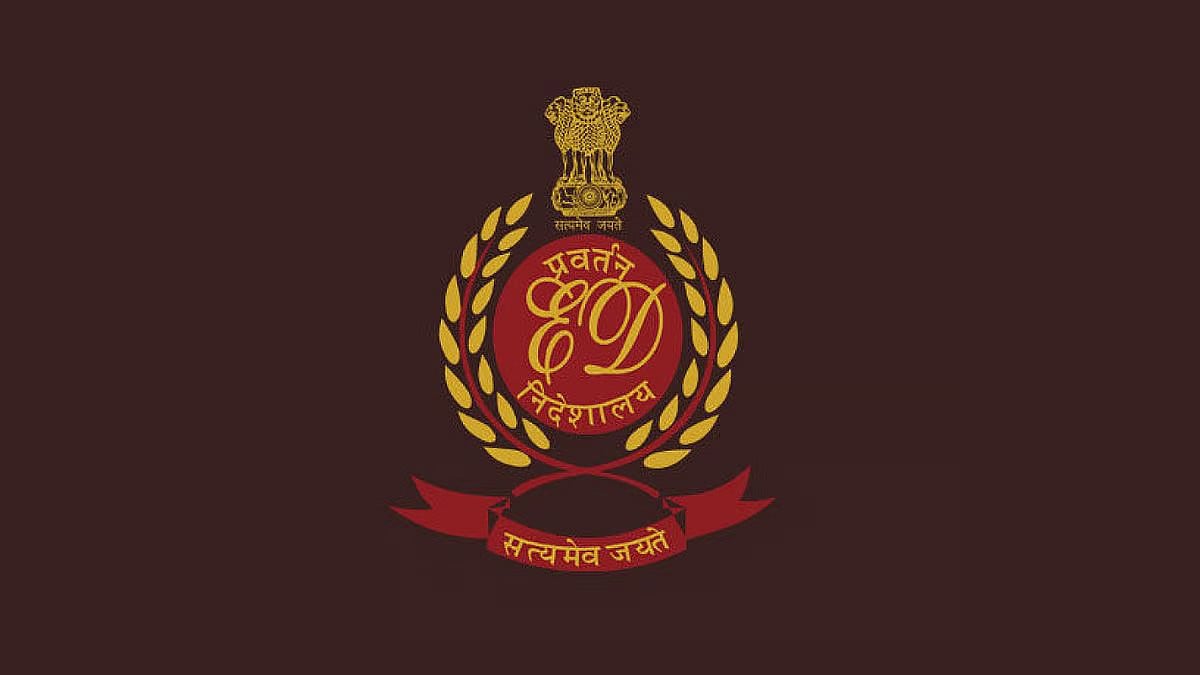The Enforcement Directorate (ED) is probing the role of Ahmedabad-based trader Ritesh Shah in the Malegaon money laundering case. The agency has claimed that firms created by Shah were used to layer fund transfers. Shah is currently under arrest by GST intelligence for tax evasion through 20 fake firms.
Shah is lodged in Ahmedabad prison in connection with a massive GST fraud involving 20 fake firms and monetary transactions amounting to ₹576.86 crores, leading to tax evasion of ₹108.28 crores. He was arrested by the Directorate General of GST, Ahmedabad, on December 22.
GST authorities have alleged that Shah was the “controller and operator” of fake firms involved in receiving fraudulent invoices to claim and utilize fake input tax credit. The department identified 20 such suppliers, which were found to be shell companies.
Two firms set up by Shah, namely M/s Haresh Trading Co. and M/s Hardik Enterprise, have also come under the ED’s scanner in the Malegaon money laundering case. The agency claimed that these firms were used to layer funds, with special APMC accounts opened in their names at Axis Bank. These accounts were subsequently used to transfer funds to 19 accounts in Nashik Merchant Co-operative Bank and Bank of Maharashtra, which are at the center of significant monetary transactions.
It was further revealed that Harsh Kanubhai Bairwa, proprietor of M/s Haresh Trading Co., and Hardikkumar Navinchandra Solanki, proprietor of M/s Hardik Enterprise, claimed that these accounts were operated on the instructions of one Gaurang Parmar. Parmar, in his statement, disclosed Shah’s involvement.
ED’s investigation also found that Shah was actively working with Mohsin Khilji and Sharif Miya Amirmiya Shaikh, who were recently arrested while trying to flee from Ahmedabad. The agency claimed that the three were working for Mehmood Abdul Samad Bhagad, alias Challenger King, the mastermind behind the Malegaon money laundering case.
The ED has identified more than 200 accounts under scrutiny. The agency alleges that, on King’s instructions, APMC Bank accounts of these shell entities were opened and subsequently used for large-scale transactions, including the withdrawal of cash amounting to several crores.
